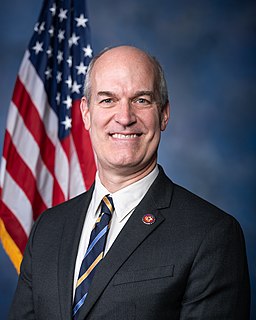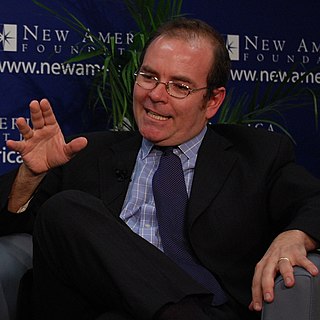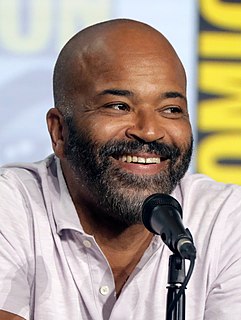A Quote by John Kleinig
I remember Stanley Benn remarking that one needed to be a certain age to engage with problems in political philosophy - I think he had in mind a certain breadth of understanding and experience - and so my political interests developed more slowly than the others.
Related Quotes
Climate change should not fundamentally be seen as a political or partisan issue, but it has been turned into a political football primarily by the climate deniers who have a vested interested in maintaining the status quo. That includes certain industrial interests, financial interests and political interests.
When one admits that nothing is certain one must, I think, also admit that some things are much more nearly certain than others. It is much more nearly certain that we are assembled here tonight than it is that this or that political party is in the right. Certainly there are degrees of certainty, and one should be very careful to emphasize that fact, because otherwise one is landed in an utter skepticism, and complete skepticism would, of course, be totally barren and completely useless.
The adjective "political" in "political philosophy" designates not so much the subject matter as a manner of treatment; from this point of view, I say, "political philosophy" means primarily not the philosophic study of politics, but the political, or popular, treatment of philosophy, or the political introduction to philosophy the attempt to lead qualified citizens, or rather their qualified sons, from the political life to the philosophic life.
It requires something more than personal experience to gain a philosophy or point of view from any specific event. It is the quality of our response to the event and our capacity to enter into the lives of others that help us to make their lives and experiences our own. In my own case my convictions have derived and developed from events in the lives of others as well as from my own experience. What I have seen meted out to others by authority and repression, economic and political, transcends anything I myself may have endured.
You are to consider that a certain melancholy and often a certain irascibility accompany advancing age: indeed it might be said that advancing age equals ill-temper. On reaching the middle years a man perceives that he is no longer able to do certain things, that what looks he may have had are deserting him, that he has a ponderous great belly, and that however much he may yet burn he is no longer attractive to women; and he rebels. Fortitude, resignation and philosophy are of more value than any pills, red, white or blue.
The President appoints the U.S. Attorneys. They're political in a certain respect. But the Department of Justice - the power that they hold is so great, it's life and limb, you know - put you in jail, make you run up hundreds of thousands of dollars of legal costs. Even though we understand that political appointees take these jobs. We don't assume that the party in power is going to use that kind of power to advance its political interests.
As for certain lesser faults, we must believe that, before the Final Judgment, there is a purifying fire. He who is truth says that whoever utters blasphemy against the Holy Spirit will be pardoned neither in this age nor in the age to come. From this sentence, we understand that certain offenses can be forgiven in this age, but certain others in the age to come.
The classic one for me is one of my favorite images - left-versus-right political-spectrum image. I was trying to visualize the concepts on the political spectrum. I'm left-leaning, and I discovered as I was doing it that I had an impulse to make the left-hand side appear better than the right-hand side. That was manifesting in the way I was choosing certain words, framing certain ideas. I shared it with a few people, and they all said, "Oh my God, this is really biased." I hadn't seen it at all.
I had motives for not wanting the world to have meaning; consequently assumed that it had none, and was able without any difficulty to find satisfying reasons for this assumption ... For myself, as no doubt, for most of my contemporaries, the philosophy of meaninglessness was essentially an instrument of liberation. The liberation we desired was simultaneous liberation from a certain political and economic system, and liberation from a certain system of morality. We objected to the morality because it interfered with our sexual freedom.































